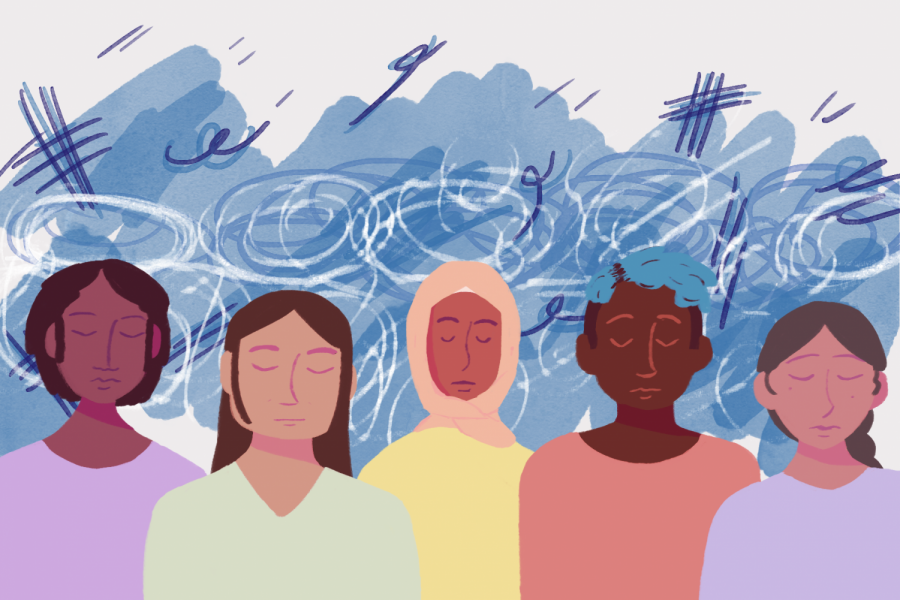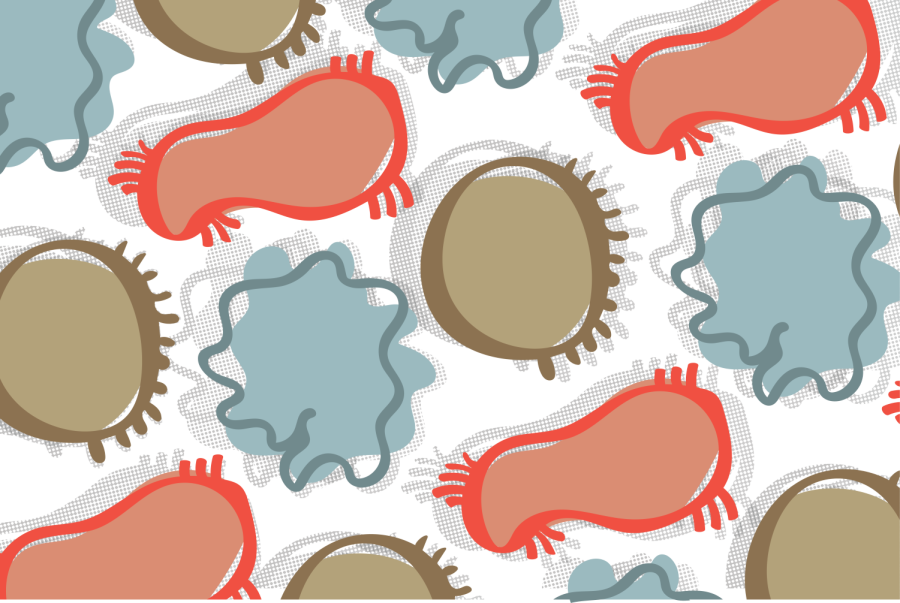New research published last month by a University of Minnesota professor shows that discrimination can lead to the development of anxiety and and other mental health disorders.
The new research was published in a paper coauthored by University professor of psychology Dr. Robert Krueger and researchers from other universities, and builds on previous research into anxiety and discrimination. The findings show that anxiety can occur as a result of discrimination, regardless of an individual’s genetic predisposition to anxiety.
In the study, researchers controlled the genetic factors known to contribute to anxiety as they studied the effects of discrimination.
Discrimination refers to unfair treatment in everyday social contexts, Krueger said. This can be related to an individual’s race, gender or sexual orientation among other personal traits.
“Taking into account what we know at this point about genetic risk factors for anxiety, and controlling that or holding that constant, we found that discrimination still has an impact on anxiety,” Krueger said.
Though this area has been studied for more than two decades, researchers had not yet explored the direct links between discrimination and anxiety, while accounting for genetic predispositions.
“This is actually real and it really affects people’s mental health,” said Dr. Adolfo Cuevas, an assistant professor at Tufts University in Massachusetts and co-author on the paper.
Anxiety, which includes generalized anxiety disorder, panic disorder and phobias, is the most common mental illness in the United States, affecting over 40 million adults every year.
“Over time, unresolved anxiety can lead to other negative effects, emotions, in which the whole system just gives up and becomes highly defensive, frustrated and angry,” said Dr. Matt Kushner, a professor of psychiatry at the University in an email to the Minnesota Daily.
In addition to these new developments, the paper also reflects the importance of understanding social context when studying mental health, Krueger said.
“As we try to pursue the underlying neuroscience and genetics, we can’t forget that human beings are embedded in a society and the changes in that society can have a big impact on mental health,” he said.
Although data for this study was collected several years ago, factoring in racial and other injustices in recent months and years, as well as current societal changes, will be an important facet of future research, Krueger said.
“As these kinds of studies go forward, things that happened in 2020, including the pandemic and all of these experiences, are definitely things we’re going to want to get a handle on,” he said.
Researchers also said they hope studies like these can eventually translate into changing larger policies and frameworks, such as mental health treatments by clinicians, around anxiety and discrimination.
“We’re hoping this paper helps us have a dialogue, a much more public dialogue, not just based on race, but also about other forms of stigma, like gender oppression, gender discrimination, weight discrimination,” Cuevas said. “This has real public health relevance and if we cannot heal as a group, we’re going to continue seeing disparities for the rest of our lives.”
Correction: A previous version of this story misquoted Dr. Adolfo Cuevas. The correct quote is: “We’re hoping this paper helps us have a dialogue, a much more public dialogue, not just based on race, but also about other forms of stigma, like gender oppression, gender discrimination, weight discrimination,” Cuevas said.















leebrownmark@gmail.com
May 31, 2021 at 4:27 am
Together lets fight against anxiety and panic disorder , ADHD if you have been looking for a trusted online place to get relief meds from anxiety ,adhd etc then your at the right place leebrownmark@gmail.com
Harold Maio
Feb 10, 2021 at 2:11 pm
New? It appears o to me to be pure common sense: People exposed to prejudice and discrimination have far more battles to fight than those not exposed.